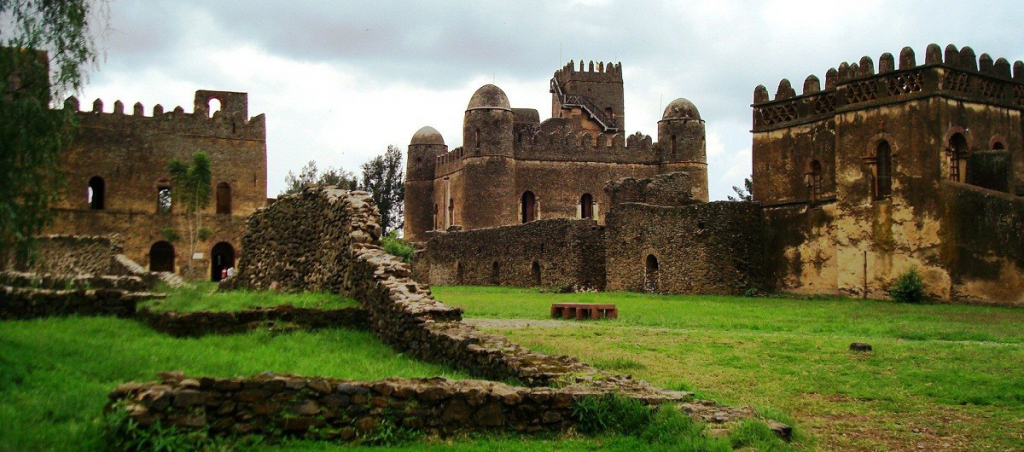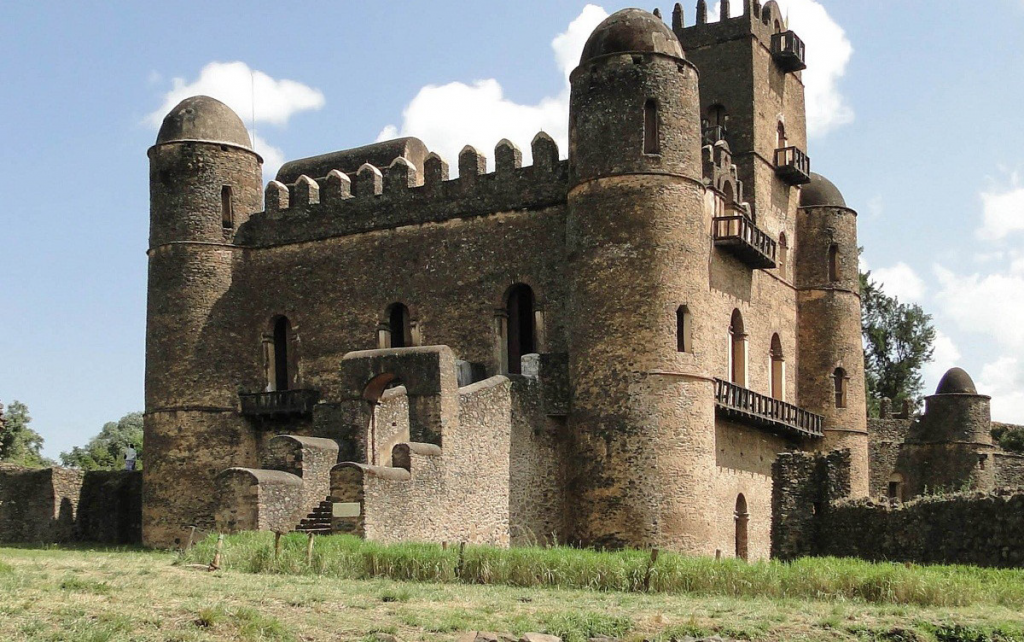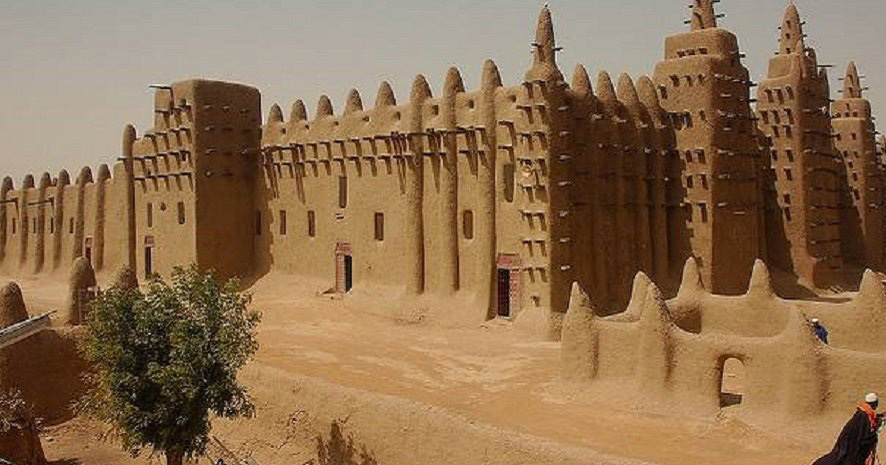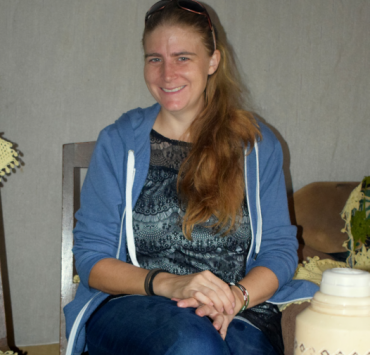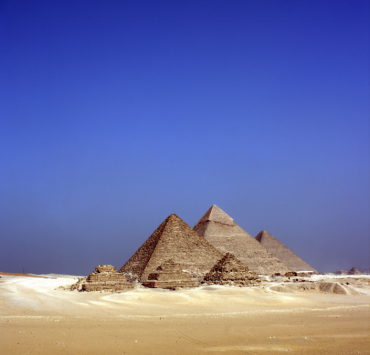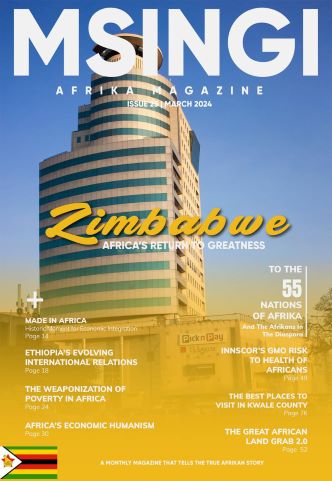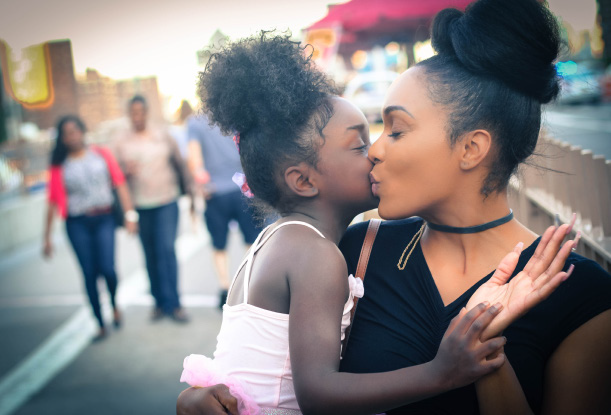Healing Afrika
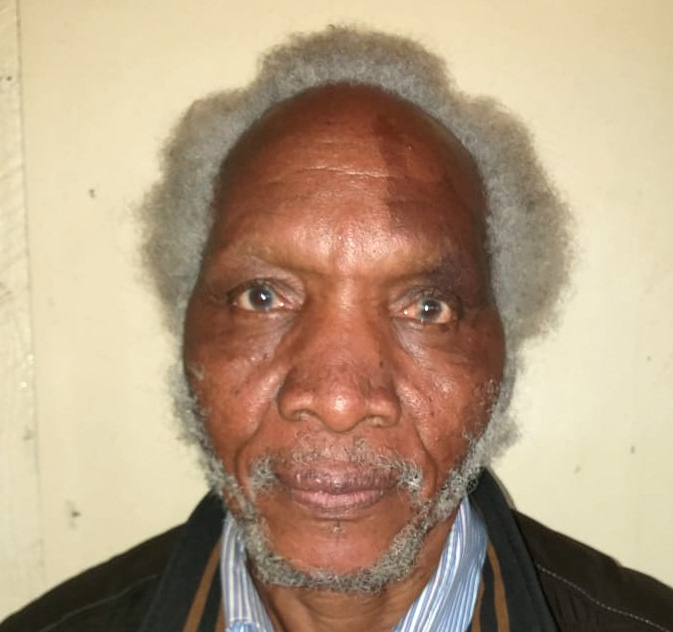
Dr. Jack Githae is a professional FAO and UNDP trained…
THE RISE AND FALL OF AFRIKAN CIVILIZATION
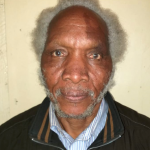
Afrika is the second most populous continent in the world and was originally known as Alkebulan. She rests on a land mass of 30,370,000 square kilometers, making her the second largest continent in the entire world. About 1.2 billion people in 54 sovereign states call Afrika their homeland.
Afrika has the second and third highest mountains in the world, besides having unique lakes and rivers. It is also the richest continent in natural resources such as minerals, energy, biodiversity (flora and fauna), human resources, cultural diversity and intellect and has the oldest history. It is the cradle of organized medicine, agriculture and education, having the oldest universities in the world. It is, ironically, purported to have economically the poorest of people, when judged by Western social, cultural and economic criteria.
On the east coast of Afrika, from Somalia to Mozambique, there still exist ruins of over 50 ancient towns and cities that are believed to have flourished from the 9th to the 16th Centuries. History books, written and articulated by the West, credit the existence of these ancient cities and towns to the Arabian and Persian civilizations. The strangest thing about these ancient cities and towns is that little information exists about them in recent history books. This historical perspective makes Afrikans seem to be a backward and savage people who had no history and intellect and had to wait for others to discover them. Sadly, the colonial era propaganda has been engrained and reinforced in the minds of Afrikans and the entire world’s population for generations now. Afrika’s history, therefore, seems to be the history of other races.
An Afrikan is defined as ‘humankind born around the great lakes region, almost on the equator and is black’, because according to Gloger’s Rule, warm blooded animals are naturally pigmented in hot and humid ecosystems. Afrikans are the only remaining native race that still exist and flourish in their native home. The Afrikan sense of solidarity amongst our people enhanced our survival during the colonization rush, all over the world. The resilience is exemplified by our survival during both slave trade and colonization. The colonialists subdued indigenous people of Afrika, Latin America, North America, Australia and Canada and literally took over the space and people as their subjects throughout the colonial era. Many indigenous people were literally wiped out more so in Australia, Canada and North America, making these continents white man’s territory and indeed an extension of Europe.
The Grimaldi Man, the first inhabitant of Europe, is said to have been a black man. All other races of the world are believed to be descendants of the black race through both direct and indirect affiliations. Referring back to the Gloger’s Rule, it is also true that the warm blooded animals living away from hot and humid areas have no scientific reason to be pigmented and therefore the rise of other races was basically an eventual ecological adaptation that happened after the Grimaldi Man moved to and settled in foreign lands.
It is ironical that no glory comes from Afrika as being the cradle of humanity and human civilization, implying that our history and existence is nothing but a mere accident, it could have been different if the Afrikan physical, geographical and ecological conditions were not as they are. If humanity originated in Europe, the population would have been white and as they migrated towards and settled in areas near the equator over a few generations, they would have darkened to adapt to the conditions present. This simply shows that all the world’s human races descended from one.
The Afrikan historical continuity is characterized by: Occupation of ancestral lands, or at least part of them; Common ancestry with the original occupants of our lands; Our culture in general or in specific manifestations (such as religion, living under a tribal system, membership of our indigenous communities, dress, means of earning our livelihood and lifestyle); Our language (as mother tongue being a habitual means of communication at home or in the family and businesses located in our territories). Our continuous residence in Kenya, East Africa or anywhere in Afrika, legitimizes our Afrikanism.
Afrikans, even to date, are social creatures dominated by social relations that reinforce his equilibrium, his personality and his being. However, this ideological structure is condemned by foreign indoctrination and purported modernization or civilization. Western culture idealizes a system where individualism (man’s existence) is the only sure way of life, a system where for one to thrive another must suffer, the system is commonly referred to as a capitalistic way of life, and is totally unAfrikan. In Afrika, I am because you are and you are because we are; a concept of indigenous Afrikan socialism.
Afrikan civilization in itself can be traced back to Egyptian and Sudanese history, “Ma’at” which roughly translated refers to justice, truth and that which is right, the same concepts which are the basis of what the current ideal society operates on. In the 19th century, a non-Islamic people known as the Dogon, at the heart of modern Mali, created quite a stir because they traditionally taught their initiates about some complex astronomical theories that modern scientists concur with. Egypt is considered to be the cradle of geometry in the whole world, with construction of near perfect structures in ancient times that still stand the test of time. They were replicated all over ancient Rome after they conquered Egypt and somehow the glory of these very advanced inventions was credited to, and is still today in history books, the Romans and the Greeks.
Afrikan knowledge, skills and practices are an “existential” philosophy, which for over 20 centuries have sought to understand the meaning of truth, justice and the social order. In Afrikan traditional medicine, disease is not only viewed as caused by infective agents, but is also associated with an imbalance in the body, society, environment and the cosmos. Any remedy or disease management should therefore be oriented towards these factors. Afrikan religion and religiosity integrates all aspects of Afrikan life and, in particular, encompasses Afrikan perspectives to holistic sustainable development and prosperity.
In 1894, the European nations were awakened and motivated by the reports of explorers of Afrika, to share and colonize Afrika the ‘dark continent’. They infiltrated the land and subdued the humans and God-fearing Afrikans. They took advantage of the Afrikan humility, godliness and generosity and used the same against us. Brutal force was used against those who resisted and millions of Afrikans died. Families were disrupted and separated, with some family members shipped off to foreign lands like goods, to be used as slaves. The Afrikan culture that once graced the land, was condemned and therefore started falling apart and fading away and slowly fell into oblivion. Apparently, only the Afrikans themselves can rejuvenate the black Afrikan philosophy and wisdom to enable us recapture our lost Afrikan identity, dignity, integrity and the glory of the cradle of man and the human civilization.
The world is currently shifting towards a global village scenario, where global space and resources will belong to all and will be accessible to all, contrary to the scenario where individual countries own use and control their own resources. This means the global space and resources will ultimately end up with those who have the intellect and the physical ability and capacity to access them when and where they need them. Those who don’t have the intellect and physical capacity and ability to competitively access the resources will degenerate and probably die out. It is survival for the fittest.
Afrika is said to have the poorest communities in the world, which put its on top of the list of “useless eaters” in the new world order strategies. ‘Useless eaters’ are like parasites which must be, in one way or another, exterminated to pave way for access of African resources to those who are purportedly “entitled to it”. The expectation that those members of the ‘useless eaters’ who join the club of the ‘masters’, will access the resources left by the exterminated ‘useless eaters’, are advised to expound on the history of North America, South America, Australia and New Zealand and Canada to appreciate the irony of their expectations.
The Africoid/Negroid race is the most resilient and hardiest race on earth. This is why they survived mosquitoes, slavery and colonialism. They are very spiritual and generally believe in and worship God, the Almighty. By the grace of God the Afrikan people survived slavery and colonialism as indigenous people, with a tangible amount of their cultural dynamics still intact, and lives to establish a sovereign state unlike the Aboriginals of Australia, the Native Americans of North America, the Mayan Civilization of South America, the original indigenous people of Canada, all of whom were subdued and literally wiped out.
The very cultural dynamics that have enhanced our survival are still threatened by strategies of neo-colonialism which are oriented towards compromising not only our sovereignty but also our survival. In view of the above concerns and realizations, there is urgent need for us to reawaken to the realities of our times and do whatever it takes to fully recapture our lost liberty, dignity and capacity to determine and enhance our destiny, survival and wellbeing now and in the future. The entire world population is made up of distant descendants of the Afrikans, showing how much contribution the ‘backward people’ have made as far as the genesis of humanity and human civilization is concerned.
Article 85 of the ‘Indigenous Peoples Earth Charter’ states that ‘We must begin to heal from the grass roots and work towards the international level.’ This is because, historically, Afrikan indigenous peoples have been oppressed and their rights suppressed and violated, initially through slave trade, later on through colonialism and neo-colonialism. The process of healing, liberation and reawakening requires a bottom-up planning, starting and ending with the individual, families and communities. The New African Renaissance is a reawakening call for the enlightened Afrikan. He ought to search into his origins and incorporate the Afrikan world view into his life today. This way, he will devise sustainable ways to handle the challenges of modern living. The Afrikan worldview is a speculative philosophy where all that exists is interconnected and interdependent. Thus, the universe is viewed as a space filled by diverse beings (human, vegetal, mineral, celestial, aquatic, luminous etc.) distinct from each other. All these beings are sustained and regulated by the same order, a rational principle referred to as nature or God.
Editor’s Note:
Castles in ancient Axum kingdom. Axumite Emperors were powerful sovereigns, styling themselves King of kings, king of Aksum, Himyar, Raydan, Saba, Salhen, Tsiyamo, Beja and of Kush. Ruled by the Aksumites, it existed from approximately 100 AD to 940 AD.
Certainly the various ancient castles found in Afrika do not portray an Afrika that the world say is backward or lived in trees. We must change our narrative by seeing the true picture of Afrika.
What's Your Reaction?
Dr. Jack Githae is a professional FAO and UNDP trained and accredited agricultural researcher, practitioner and consultant and a WHO accredited African Traditional medicine researcher, practitioner and consultant.









